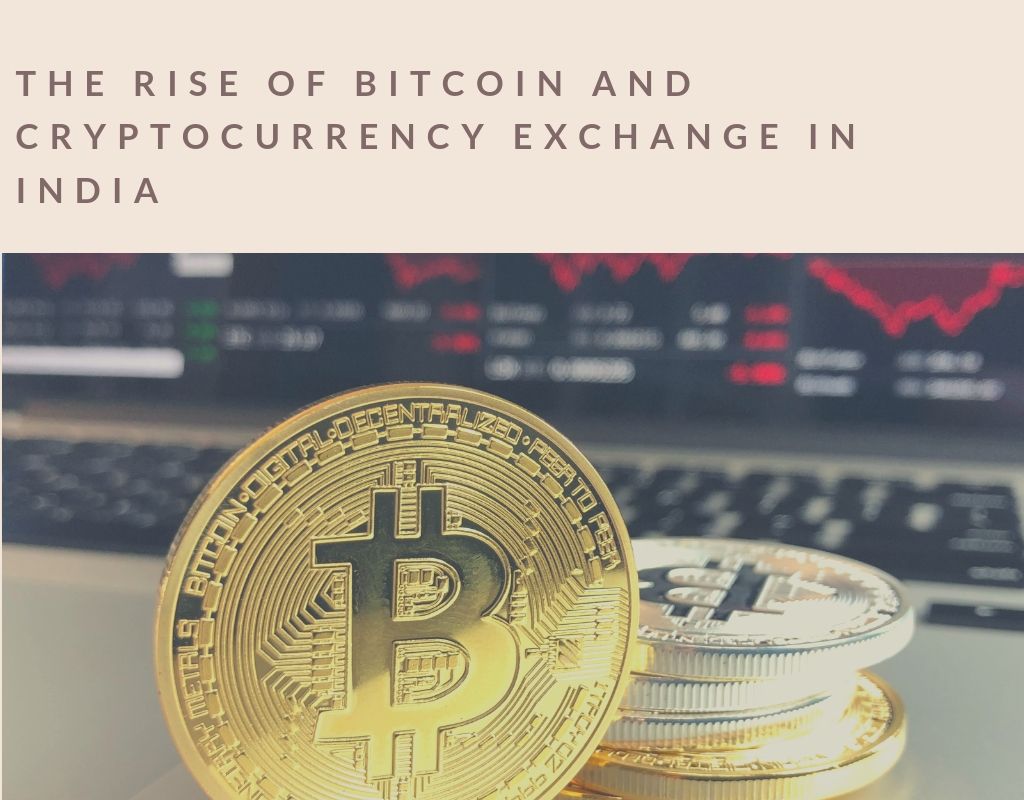The article discusses the rise of bitcoin and cryptocurrency exchange in India, in recent years.
There have been a lot of speculations surrounding bitcoin and cryptocurrencies in India. The increasing popularity of bitcoin gave rise to a number of cryptocurrency exchange in India. All of it came to halt after RBI put a ban on cryptocurrency dealings in the country in 2018. As of now, July 2019, the ban is still firmly in place.
Let’s take a trip down the memory lane
The Rise of Bitcoin in India
Demonetization, a sudden and powerful impact, played a huge role in the rise of bitcoin and other cryptocurrencies in India. The country saw many crypto enthusiasts investing in this new form of digital money.
The trading volumes and interest in bitcoin reached its peak. In fact, the intensity of volumes was such that it generated a steep increase in the price of bitcoin. Pre-demonetization, the price of bitcoin was $866/BTC and post-demonetization this price increased to $896/BTC. In countries such as the US, one BTC was traded below $800. This marked a premium price for BTC in India.
The sudden soaring success in one of the rapidly growing countries can also be attributed to the cryptocurrency exchanges. Most of these exchange startups started in 2017 and mainly offered to trade of cryptocurrencies which include bitcoin, ethereum, and ripple.
Cryptocurrency Exchange in India
Cryptocurrency exchanges saw rapid success before RBI put brakes on cryptocurrency dealings. Before any regulatory decision, almost 15 new cryptocurrency startups weaved their way in the country.
In a really small duration, some of these exchanges have even experienced skyrocketing success. The present situation, however, is another story altogether.
But, looking at older times, you can see the growing interest in cryptocurrency dealings among the citizens in the country. Some of the popular exchanges have more than a million application downloads. A cryptocurrency exchange startup named Unocoin with more than 30 employees had a user base closer to 10 million, at a point in time.
Demonetization accelerated the growth of these startups. The exchanges registered thousands of users joining each month. Hundreds of coins were transacted each day. Moreover, the rising interest was such that the price of popular cryptocurrency like bitcoin was traded at a much higher price in India than in the US.
How do Cryptocurrency Exchange Startups Work?
Cryptocurrency exchange startups offer services of buying, selling and storing of cryptocurrencies. In order to form an account on any such exchange, you need to fill out a registration process. This process includes filling a Know Your Customer (KYC) form as well as linking your bank accounts.
The exchange startups provided applications which directly linked their cryptocurrency wallet to debit/credit cards. Hence, you can directly deal in any kind of trading just by a few clicks on the mobile.
Cryptocurrency exchange in India have also formed an association by the name of Digital Association and Blockchain Foundation of India (DABFI) to educate people on risks as well as propagate best practices in digital assets businesses in India
The Future of Cryptocurrency in India
Unlike some countries like Switzerland, South Korea, Malta- who have been fairly lenient in their regulatory framework towards cryptocurrencies, India does not seem too keen to join this race.
The rising interest in bitcoin and cryptocurrencies hadn’t gone unnoticed by Reserve Bank of India (RBI). Additionally, incidents of frauds related to bitcoin kept on surfacing. This created ripples of caution waves among the authorities. It ultimately led to a restriction on the activities surrounding cryptocurrencies.
RBI has directly put a ban on banks to restrict any dealings of cryptocurrencies. Hence, this has put a big question mark onto the future of cryptocurrency exchanges. Furthermore, in recent times, many popular exchanges have either shut down or moved to other parts of the world. As of now, it is too early to predict what the future of cryptocurrency looks for India.

